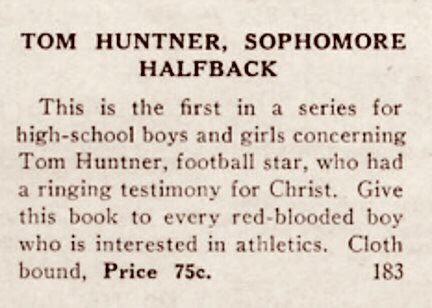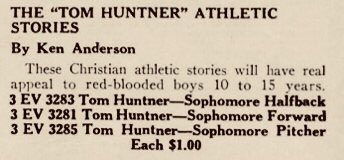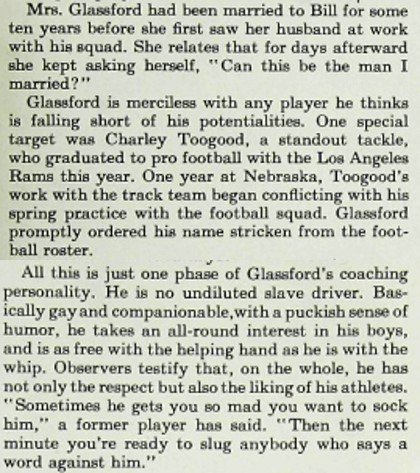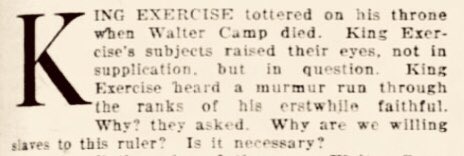Before evangelicals had their own versions of “secular” music and movies, they had their own fictional schoolboy athlete. My look at Tom Huntner, an obscure relic of the fundamentalist/neo-evangelical subculture sportianity.com/2018/07/the-fu… 

I end this piece by mentioning prominent evangelical athletes who carried on the Merriwell/All-American thing in modified form. But I'd love to hear from #twitterstorians & sports observers about this. From the past half-century (ish), who else comes to mind? 

• • •
Missing some Tweet in this thread? You can try to
force a refresh




















